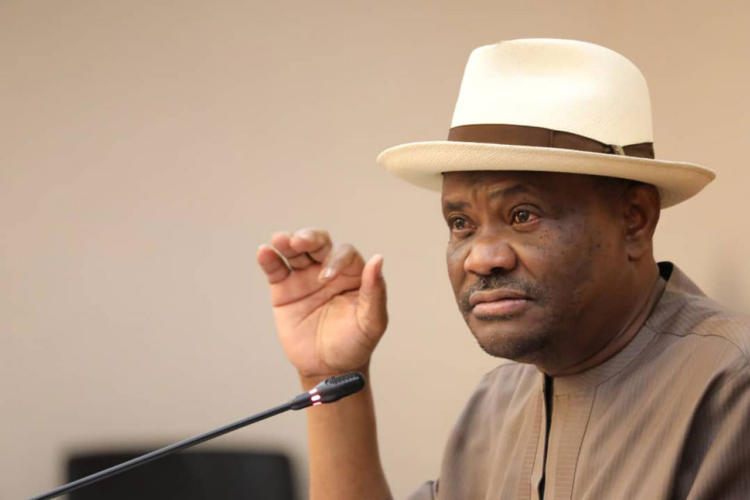Minister of the Federal Capital (FCT), Nyesom Wike, has requested for huge investments from Indian investors, as part of strategies to fast tract the development of the capital territory, Abuja.
Wike made the call when the Indian High Commissioner to Nigeria, Mr Shri Balasubramanian, visited him in Abuja yesterday.
He acknowledged the presence of many Indian companies in Nigeria, particularly petrochemicals and fertiliser companies among others.
He said he would also like to have that kind of relationship in Abuja, assuring them that there is improved security in the Territory.
“You have seen improvement in infrastructure in Abuja. That is part of the “Renewed Hope” agenda of President Bola Tinubu.
“We will discuss other areas that will be of mutual interest between India and Nigeria, and Abuja in particular,” he said.
The minister said that it was within the purview of the FCT Administration to ensure that all Embassies in Nigeria, have an unhostile environment to enable them perform their assignments.
Earlier, Balasubramanian said the excellent relationship between India and Nigeria was quite old.
The ambassador explained that India began its diplomatic relationship with Nigeria two years before the country became independent in 1958, when India established a diplomatic office in Lagos.
He said that there were over 155 Indian companies in Nigeria, with more than 27 billion dollars of investments in various manufacturing areas.
Balasubramanian said that companies ranged from plastics to steel, oil, and pharmaceuticals among others in every sector.



